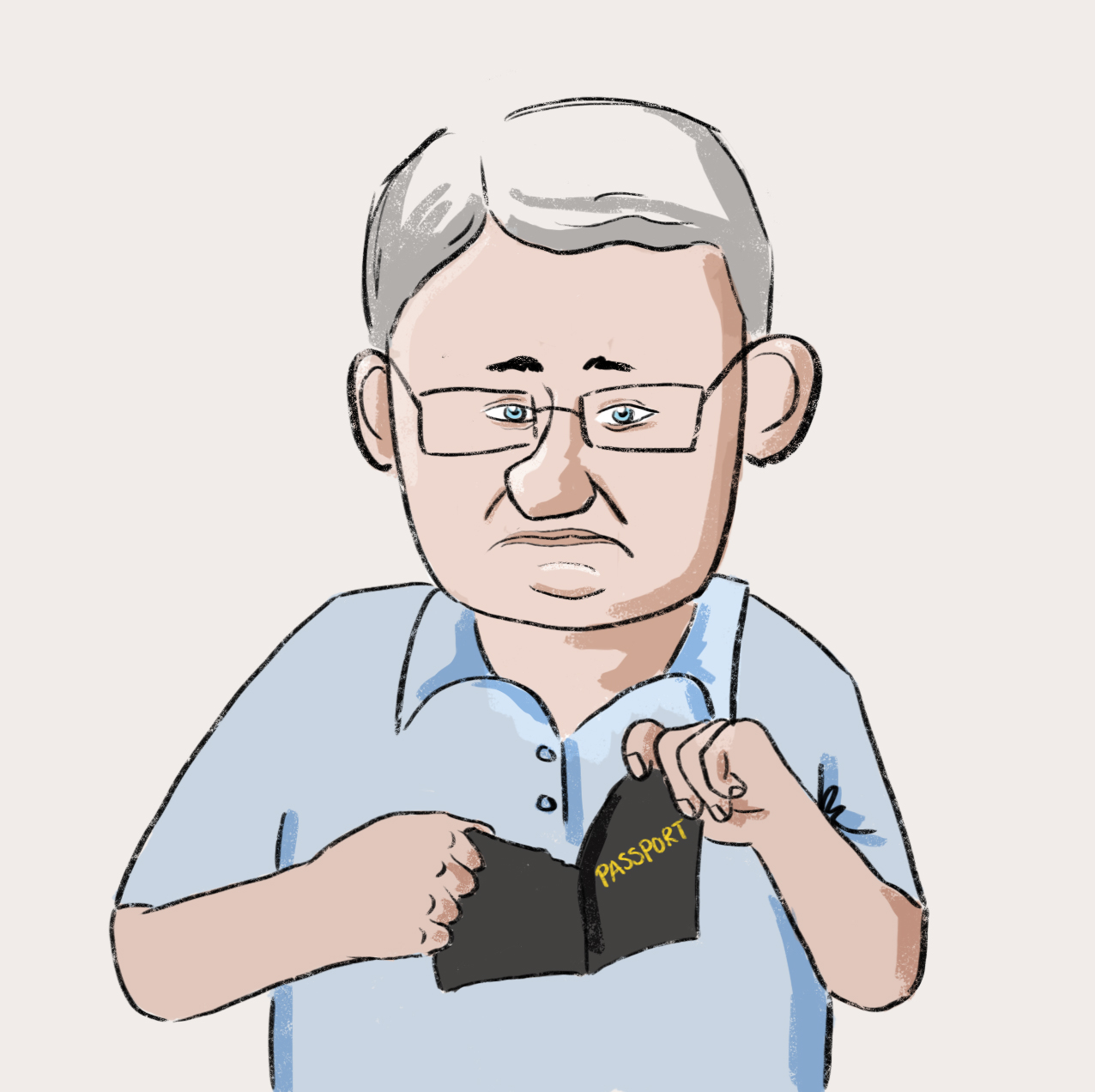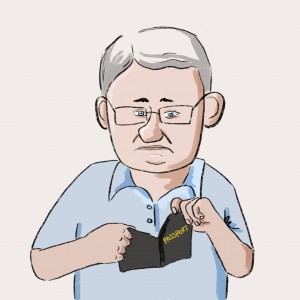Stripping citizenship won’t make us safer


Jason Kenney, minister of immigration and citizenship, has proposed that Canadians who hold dual-citizenship and engage in an act of terrorism should be stripped of their Canadian citizenship. The Conservatives support a private member bill out of Alberta that would give Ottawa the power to revoke citizenship of dual citizens who commit acts of terror or are found to be involved in terrorism-related offences.
His interest in revoking citizenship comes naturally with his position, but this particular show of support for Bill C-425 comes from the revelation that a Canadian may have been involved in the Bulgarian bus bombing. Opposition has called this a knee-jerk reaction to an isolated incident and while that is true, it does not necessarily discredit the idea. Certain events do call for legislative changes and good ideas are just as good if come up with quickly.
There are, however, far deeper issues at work here which reveal a general irreverence to effective counterterrorism and a minister that wants to give the executive branch unchecked power to revoke citizenship. The bill would create a second-class citizen and is informed by a warped perception of who commits terrorist acts and what their motivations are.
Kenney suggests citizenship is predicated on loyalty, and the definition of loyalty with respect to a nation is controversial to say the least (think Edward Snowden).
What is more troubling is that “terrorism-related offences” could include a whole number of things from financing suspected terrorists, logistical support, direct involvement and the like. While those may all seem like reasonable reasons to revoke a citizenship, remember that terrorism, even more so than loyalty, is a vague, amorphous and controversial term that does not have a definition even among the international community.
In a Toronto Star op-ed, Osgoode Hall professor Sean Rehaag, describes the idea of a second-class citizen created by the bill.
A few years back, Rehaag along with hundreds of other Canadian citizens provided small amounts of money to return home an unjustly imprisoned Canadian citizen who was tortured abroad by the Sudanese government. The Canadian government claimed that anyone who helped the individual return home faced anti-terrorism charges.
If this bill passed, Rehaag, who shares citizenship with Germany because his father was born there, would be vulnerable to deportation and loss of Canadian citizenship. Other Canadians who contributed money would not be subjected to the same punishment and their citizenship could not be revoked, even though Rehaag had never set foot in Germany. Rehaag, and others like him would be left vulnerable to the government with no judicial option and this is all prior to terrorism charges being proven.
The government cannot be given the power to revoke citizenships without judicial oversight, nor should the executive branch be able to decide what qualifies as a terrorism charge in an ad-hoc manner.
An overzealous executive aside, the worldview informing this bill is problematic. This bill is concerned with a particular type of individual. The conflated Middle Eastern/Arab/Muslim identity has influenced a number of policy decisions; however the government has to understand that terrorists cannot be profiled by birthplace, religion or race.
Morality, executive power and political correctness could arguably be trumped by national security, so ultimately it must be asked, “does this bill protect Canadians and deter terrorists?”
Based on the ineffectiveness of the War on Terror, this bill will only add to a long list of ill-informed post-9/11 policy decisions. Revoking citizenships will not deter terrorists who have another place to call home, and perhaps more importantly, policies, much like rules, are made to be broken.
Taking the judiciary out of the process and centralizing power is not the answer to thwarting terrorist attacks. At most, it may make policy makers feel better when looking at attacks in hindsight they did something.

